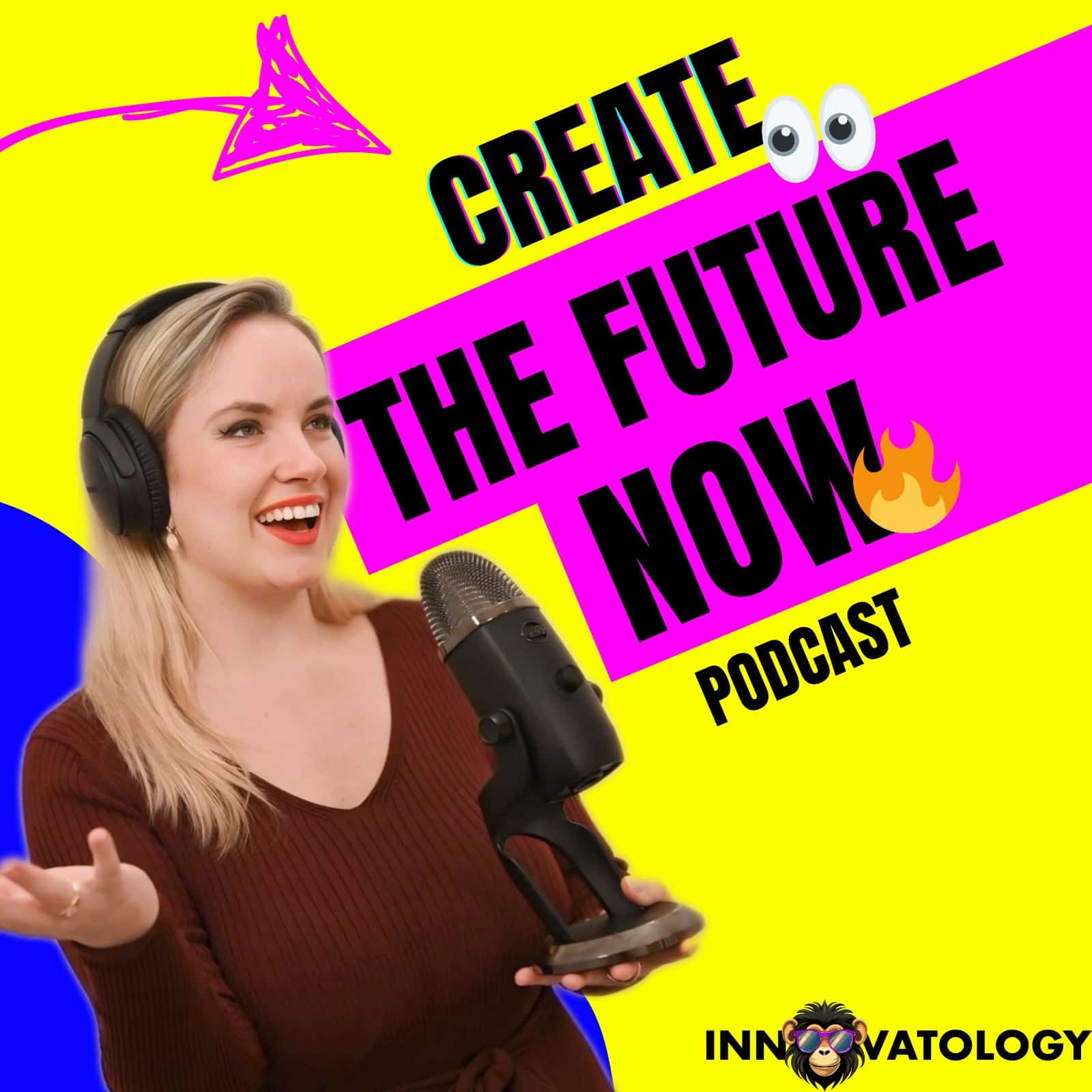Join us as we dive deep into the latest trends in leadership, share actionable insights, and answer your burning questions live. This is a fantastic opportunity for anyone looking to enhance their leadership skills and expand their mindset.
Transcript;
00:00:15
All right. So hello everyone. Good morning. Good afternoon. Good evening, wherever you are, because we are not only connecting today to you from Europe and welcome to our, uh, and welcome to our podcast, uh, which is hosted by Innovatology. And today we will be covering something really exciting about the strategies to enhance leadership skills, because they are not only the innovations around, for example, the hardware or software, but, uh, you can also do innovations in your soft skills, such as the leadership. And this, we will be talking about today, just to tell you briefly about Innovatology. Innovatology is a one-stop shop to the latest tech and innovations from around the world. And we do it by decoding these innovations for you, for the wider public, so that you can implement it into your personal and professional life right away to effectively navigate the digitization and globalization of today’s age.






